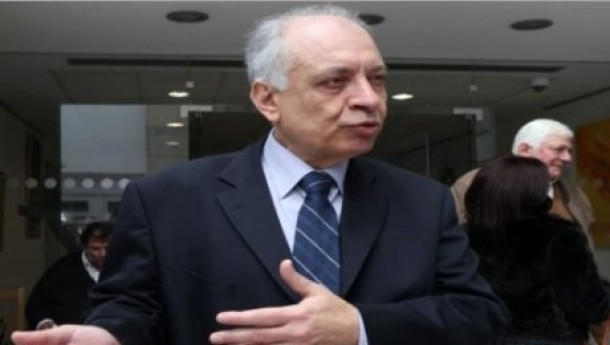
A resignation and many questions regarding the functioning of state institutions is the record of yesterday's session of the parliamentary committee on institutions.
The member of the Executive Board of the Central Bank Stelios Koiliaris with his intervention yesterday, brought on the surface two serious issues concerning the practices followed within and outside the Bank.
The first concerns the case where the general assistant prosecutor Rikkos Erotokritou initially won against Laiki Bank, on offsetting deposits of €639 th. that one of his companies held, with loans of € 600 thousand of another of his companies.
In November 2013, Mr. Erotokritou won the case due to non-appearance in the court of Laiki Bank’s lawyers, A. Neocleous.
A. Neokleous office maintains that they didn’t appear in the court 'by oversight and / or inadvertently." At the same time the company supports that once they realized the issue, an application to the court - which succeeded in September 2014 - for setting aside the case, was made.
According to the judge in the case, the application was submitted after three months, in February 2014.
It is unknown when the matter came to the attention of the Central Bank, which later asked that the Neocleous office was accompanied by the office of Chrysis Demetriades regarding the affairs of Laiki Bank.
Mr. Koiliaris argued yesterday that the CB Governor, Christalla Georghadji, referred to the "bribery" of the assistant general prosecutor by Neocleous office, which she later denied.
The basic fact remains undeniable and recorded in the case: That the Neocleous office did not show up in the court case of Laiki and as a result, the assistant attorney general won the case.
Many questions also arise from the second issue raised by Mr. Koiliaris that inside the CB lists of indebted members of the parliament are circulated.
It is not clear yet whether these lists have been prepared by the CB itself, by commercial banks or by both. A list published today by the newspaper Politis has been allegedly prepared by the Bank. This includes the loans of 13 MPs, although including not only loans for their businesses but also for their parties.
It remains unknown why the lists of the legislators’ obligations are published today, at a time when they are discussing bills related to foreclosures of mortgaged property and the insolvency framework. CB argues that these lists relate to regulations for recording politically exposed persons. Mr. Koiliaris implied that the circulation of the lists operates in extortion of legislators.
Data reported in the lists are already questioned by some members of the parliament.
The member of the Executive Board of the Central Bank Stelios Koiliaris with his intervention yesterday, brought on the surface two serious issues concerning the practices followed within and outside the Bank.
The first concerns the case where the general assistant prosecutor Rikkos Erotokritou initially won against Laiki Bank, on offsetting deposits of €639 th. that one of his companies held, with loans of € 600 thousand of another of his companies.
In November 2013, Mr. Erotokritou won the case due to non-appearance in the court of Laiki Bank’s lawyers, A. Neocleous.
A. Neokleous office maintains that they didn’t appear in the court 'by oversight and / or inadvertently." At the same time the company supports that once they realized the issue, an application to the court - which succeeded in September 2014 - for setting aside the case, was made.
According to the judge in the case, the application was submitted after three months, in February 2014.
It is unknown when the matter came to the attention of the Central Bank, which later asked that the Neocleous office was accompanied by the office of Chrysis Demetriades regarding the affairs of Laiki Bank.
Mr. Koiliaris argued yesterday that the CB Governor, Christalla Georghadji, referred to the "bribery" of the assistant general prosecutor by Neocleous office, which she later denied.
The basic fact remains undeniable and recorded in the case: That the Neocleous office did not show up in the court case of Laiki and as a result, the assistant attorney general won the case.
Many questions also arise from the second issue raised by Mr. Koiliaris that inside the CB lists of indebted members of the parliament are circulated.
It is not clear yet whether these lists have been prepared by the CB itself, by commercial banks or by both. A list published today by the newspaper Politis has been allegedly prepared by the Bank. This includes the loans of 13 MPs, although including not only loans for their businesses but also for their parties.
It remains unknown why the lists of the legislators’ obligations are published today, at a time when they are discussing bills related to foreclosures of mortgaged property and the insolvency framework. CB argues that these lists relate to regulations for recording politically exposed persons. Mr. Koiliaris implied that the circulation of the lists operates in extortion of legislators.
Data reported in the lists are already questioned by some members of the parliament.

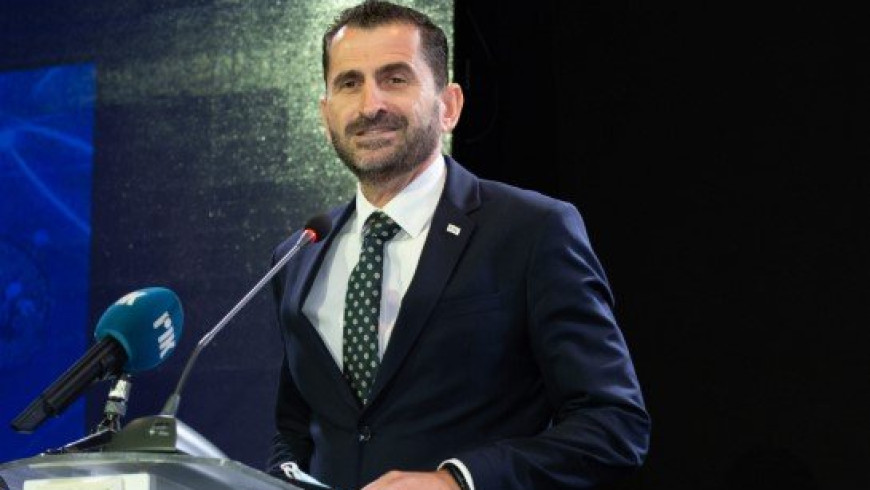
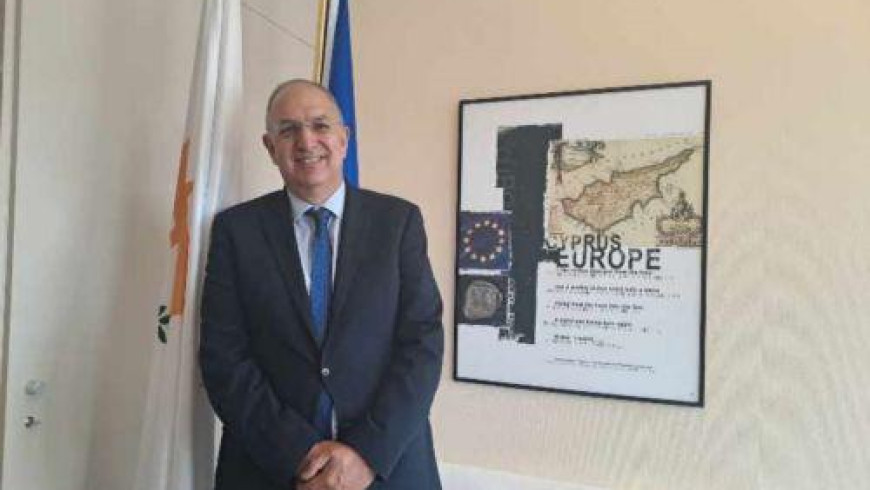

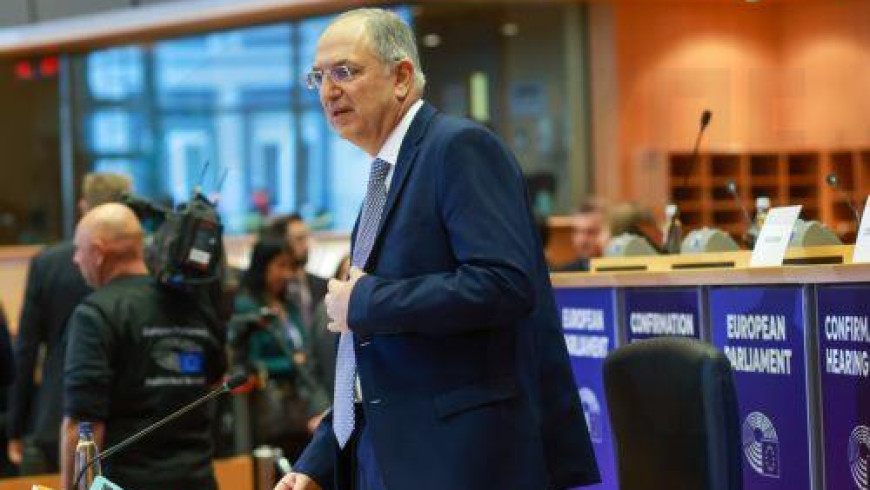
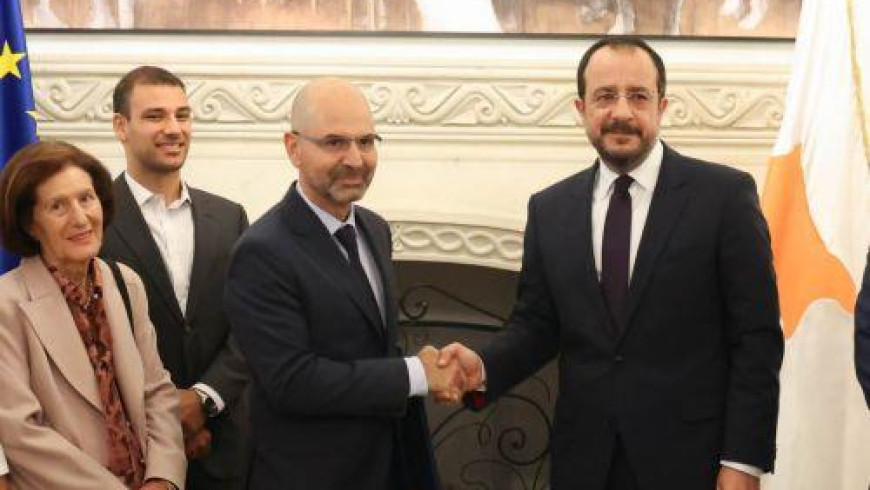
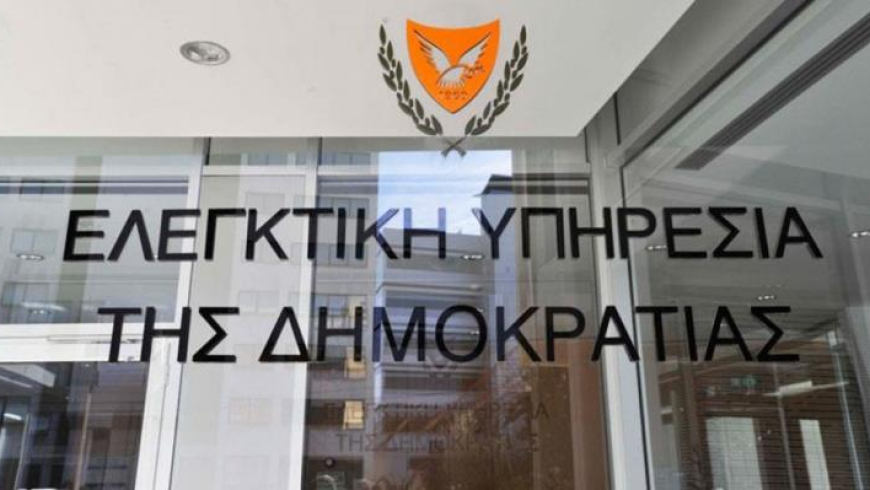
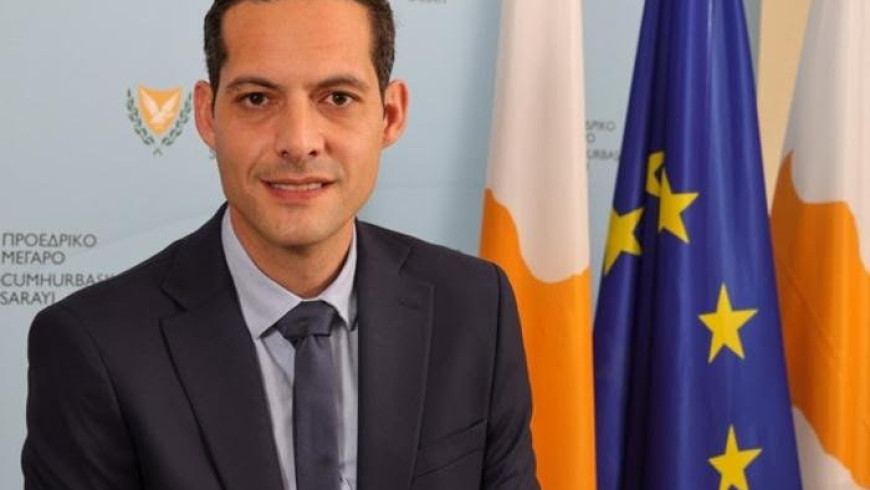






 3287.99
3287.99 1275.09
1275.09
